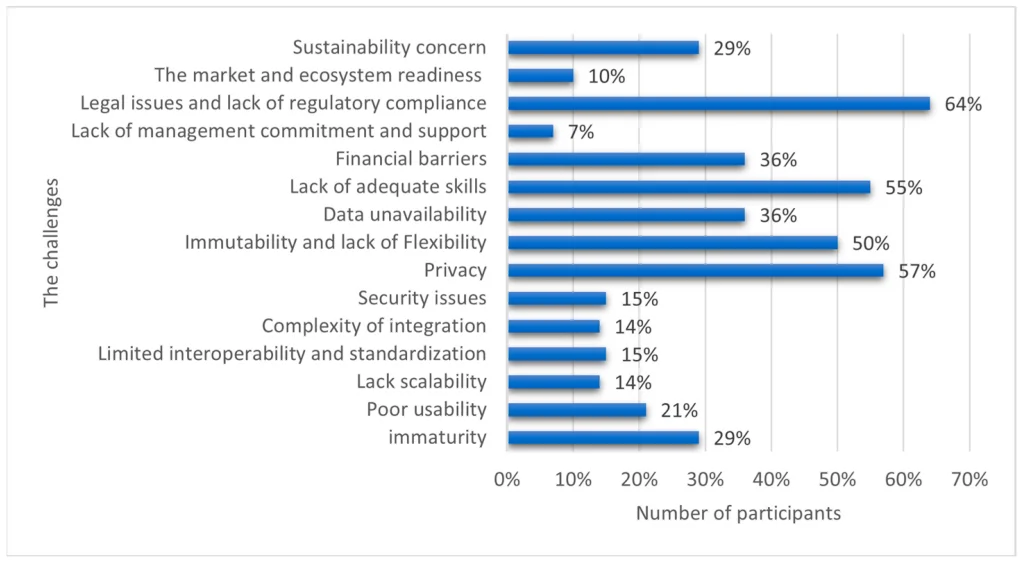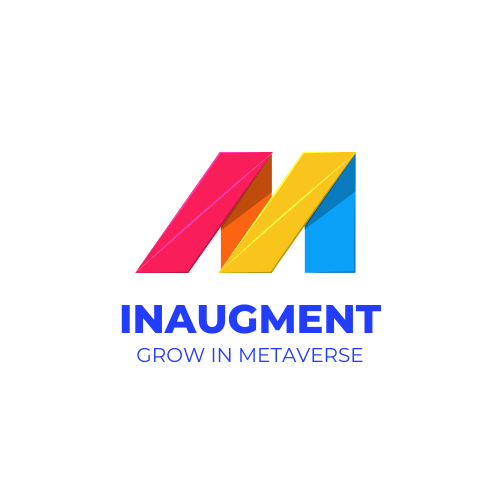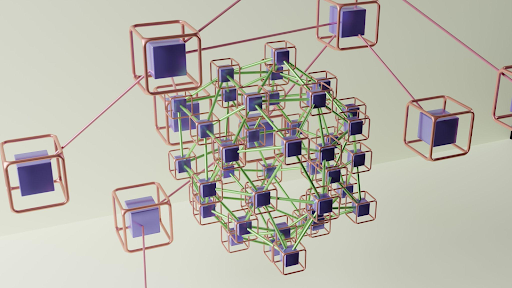Exploring the Blockchain’s Potential in Different Industries

Blockchain technology has become a potent instrument in recent years that has the ability to transform many sectors. The possible applications of blockchain technology go far beyond the world of finance, despite the fact that it was originally connected to cryptocurrencies like Bitcoin. The potential of blockchain technology for different sectors will be examined in this article.
What exactly is blockchain technology?

It is crucial to comprehend what blockchain technology is before exploring its potential for various sectors. Blockchain technology is fundamentally a global database used to safely and openly document transactions. A blockchain is made up of nodes that each hold transactional information. A chain is formed by connecting each brick to the one before it. Each piece of data is encrypted, making it nearly impossible to change or meddle with. This implies that once an event is added to a blockchain, it cannot be altered or removed.
Applications for blockchain technology

From banking and healthcare to supply chain management and other fields, blockchain technology has the potential to be applied in a wide range of sectors. Here are just a few instances of the various sectors in which blockchain technology can be applied:
Finance- The emergence of cryptocurrencies like Bitcoin and Ethereum has already had a major effect on the financial sector thanks to blockchain technology. With its autonomous structure and application of blockchain technology, cryptocurrencies like Bitcoin in particular have gained popularity as alternatives to conventional currencies. The demand for safe and user-friendly Bitcoin wallets is rising along with the use of Bitcoin and other coins, opening up possibilities for innovation and expansion in the bitcoin wallet market.
Healthcare- Another sector that could profit from the use of blockchain technology is the healthcare sector. Using blockchain technology, a safe and open platform for sharing and keeping medical data could be developed. While also ensuring that patient data is kept private and safe, this might help to lower mistakes and fraud. Blockchain technology may also be used to monitor the pharmaceutical industry’s supply chain, lowering the possibility of illegal medicines reaching the market.
Supply chain administration- Supply chain management can also benefit from the use of blockchain technology. Blockchain technology can assist in lowering the risk of product counterfeiting and increasing productivity by developing an open and secure system for monitoring goods as they move through the supply chain. This might be especially helpful in sectors like the food business, where being able to trace goods from field to table is becoming more and more crucial.
Real estate- Another sector that could profit from the use of blockchain technology is the real estate market. A more effective and safe method for purchasing and selling real estate could be developed using blockchain technology. This might aid in lowering the possibility of scam and streamlining the real estate purchasing and selling process.
Education- The schooling sector can also benefit from the use of blockchain technology. A safe and open system for keeping and exchanging educational certificates, such as degrees and certifications, could be developed using blockchain technology. This may lessen the possibility of fraud and make it simpler for companies to check the qualifications of job candidates.
Barriers to the adoption of blockchain technology widely

Although blockchain technology has a broad range of possible applications, there are obstacles to its general adoption. Scalability is one of the greatest obstacles. Currently, the majority of blockchain networks are sluggish and have a poor transaction throughput. Because of this, using blockchain technology for apps that need a lot of transactions, like banking transactions, is challenging. Interoperability is another difficulty. Blockchain networks presently exist in a wide variety and are not always interoperable with one another. Making a seamless system that can be applied across various sectors and uses may be challenging as a result.
Another issue preventing the broad use of blockchain technology is security. The DAO, a decentralized autonomous organization based on the Ethereum blockchain, was hacked in 2016, despite the fact that blockchain technology is usually thought to be safe. Additionally, regulators and politicians are concerned about the use of blockchain technology for unlawful activities like money laundering and funding terrorism. The problem of regulatory ambiguity is the last one. Regulatory frameworks are still being created as blockchain technology is still a young and quickly evolving area. Businesses and financiers may be reluctant to engage in blockchain initiatives as a result of this uncertainty regarding the regulatory environment.
Conclusion
By establishing a safe and open system for storing and exchanging data, blockchain technology has the potential to revolutionize many sectors. Widespread usage faces obstacles like scalability, interoperability, security, and legal uncertainty, but the possible advantages are too great to disregard. Businesses, financiers, and lawmakers must cooperate as blockchain technology develops in order to overcome these obstacles and realize the full potential of this game-changing technology.






